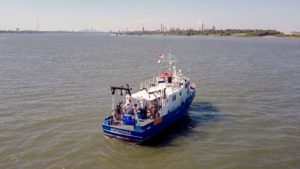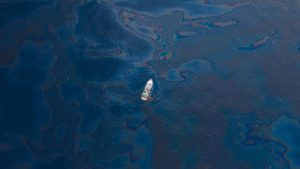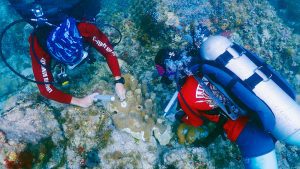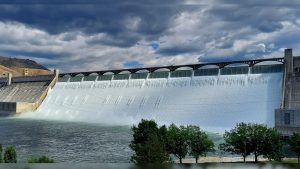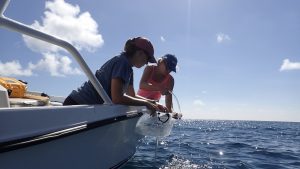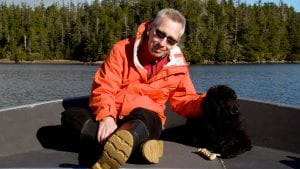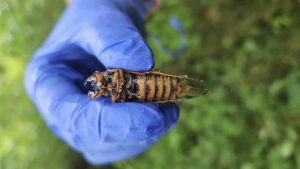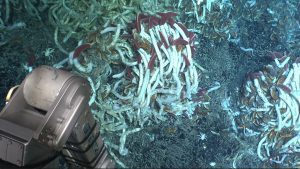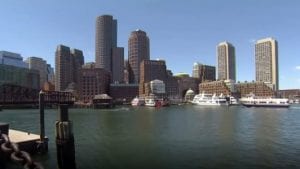Research Highlights
Oceanus Magazine
Danielle Haas Freeman draws on the language of chemistry to solve an oil spill puzzle
News Releases
New WHOI-led study shows the Southwest may be more sensitive to drying than the Pacific Northwest
Compared to taking visual observations of reef habitats, analyzing water microbes provides a more immediate picture of health.
The Frontiers Planet Prize recently announced National Champions from 19 different countries.
Billions of cicadas will be emerging on Cape Cod, and other parts of the country in late May or early June.
Long-awaited event sets the stage for scientists to learn more about physical, chemical and biological processes in the deep ocean East Pacific Rise, Pacific Ocean (May 2, 2025) – Scientists diving in the human-occupied vehicle Alvin recently witnessed a rare…
News & Insights
Boston Harbor water quality is thriving again—but Reddy discusses some potential threats on the horizon. WATCH

